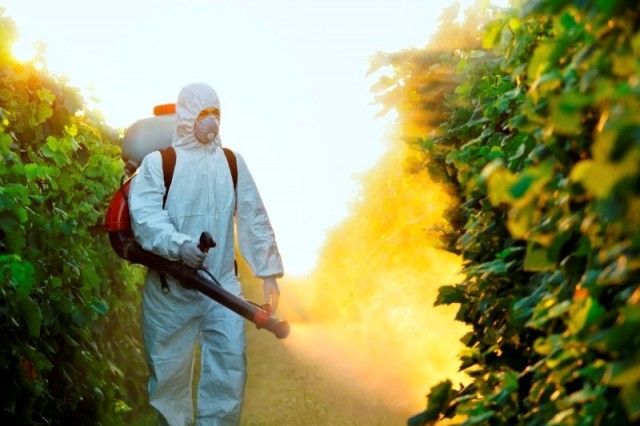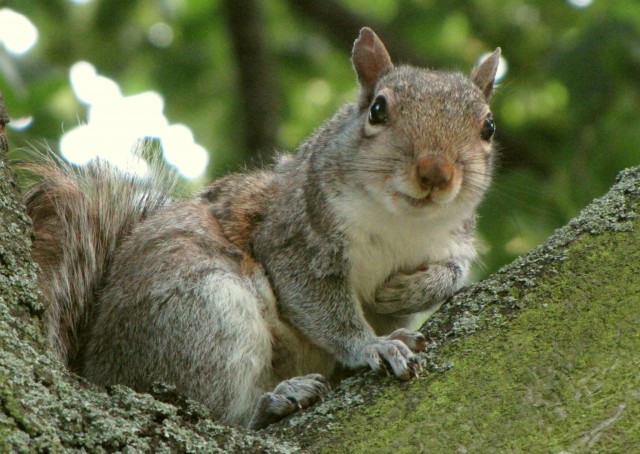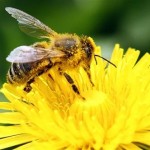Tips on Reducing Pesticide Danger to Wildlife
Author: admin | Category: Pesticides | Tags: chemicals, pesticides, raccoons, wild animals

Wildlife contributes greatly in balancing the environment. Regrettably, some human activities have always threatened the livelihood of flora and fauna. For instance, effective control of insects, weeds and harmful animals must involve the use of pesticides. However, proper care ought to be taken with these farm chemicals in order to reduce pesticide danger to wildlife. Below are a few tips that households need to adopt in order to avert exposing wildlife to harmful chemicals.
Be Aware Of Product Labels
Industries have always provided vital information on the best ways of handling chemicals. It is only that some people never care to read the safety rules displayed on pesticide product labels. This always results into mishandling of chemicals which may lead to contamination of the environment. There is need for everyone to take up the responsibility of being careful with substances that might harm the surroundings. Following directions displayed on product labels shows an immense sense of responsibility.
Inspect Containers for Leaks
Most people only visit their chemical stores when the need for a particular substance arises. This should never be the case if the environment is to remain unspoiled. Remember that chemical containers are prone to leaks due to corrosion. If leaks are identified in good time, they can be stopped from contaminating the environment. This helps in protecting birds, animals, insects, and plants against toxic substances.
Keep Chemicals off Channels
Chemicals that spill into waterways can cause mysterious health conditions even to human beings.
Moreover, running water can easily transport harmful chemicals from one point to the other. To avert causing harm to animals, mostly aquatic creatures, contaminated water should never enter waterways like sewers and drains. Washing of chemical containers and equipment therefore, should never be done in regions that border water channels.
Only Use Pesticides When Necessary
Constant use of pesticides in the home is never necessary. Only apply the correct amount of pesticides at a time to ensure that the chemical is well controlled. Additionally, there is no need for repetitive application if the first phase yielded good results. This will minimize the potential harm that poisonous elements can cause to wildlife. Furthermore, most of repellants contain pesticides that don’t work and only cause harm to nature and you house pets, this great article explain it “Do Raccoon Repelling Remedies Work?”
Focus On Areas That Need Treatment
Insecticides contain toxic substances that need not to be exposed to the environment in large quantities. It is recommended that pesticides be applied only to specific areas that need treatment. This is another vital tip that households need to embrace in order to reduce pesticide danger to wildlife. This is a great responsibility that everyone needs to adopt in order to protect and sustain a healthier ecosystem.
01 Aug 2014

